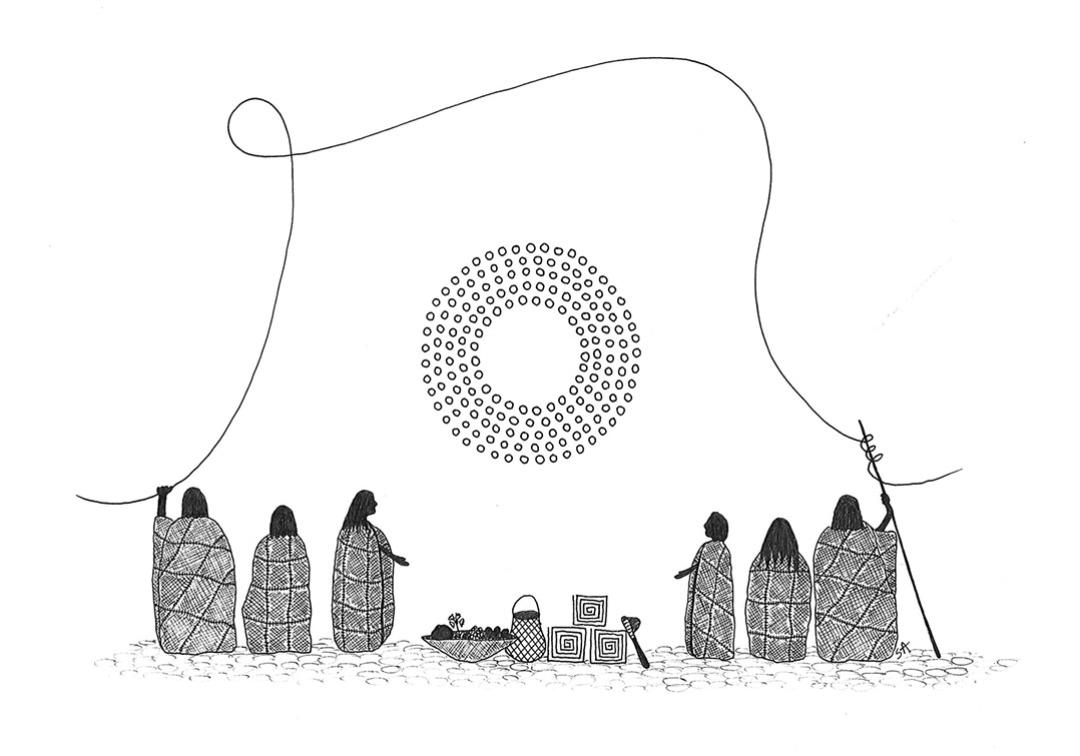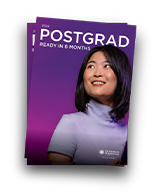
Graduate Diploma in Economics
Overview
Invest in your career success with future-focused study that provides you with analytical and decision-making skills sought after by employers in today’s job market.
Higher level study in economics at UQ will develop your analytical ability, critical thinking and logic – all key decision-making skills that can contribute to greater career outcomes. This program suits graduates without an economics background who want to learn economic analysis skills.
UQ's programs are influenced by the latest economic research and taught by world-class academic staff, so you can be sure of receiving the highest quality education. Your studies will cover foundation courses in microeconomics and macroeconomics, mathematical techniques and statistics. You'll learn about the ‘hows’ and ‘whys’ of decision-making that economists deal with every day.
During your Graduate Diploma in Economics program over one year, or equivalent part-time, you'll choose from a range of elective options covering areas such as environmental economics, health economics and economic development. This qualification can also be a pathway to an economics master's program.
Program highlights
- Discover new learning experiences in a modern economics program that's engaging, interactive and always rewarding.
- Graduate with the abilities you need to succeed in a dynamic and increasingly competitive world.
- UQ School of Economics is consistently ranked in the top 5 per cent of research-intensive economic departments in the world. Source: Research Papers in Economics
How you'll learn
Your learning experiences are designed to best suit the learning outcomes of the courses you choose.
- Lectures
- Tutorials
- Workshops
What you'll study
At UQ, degrees are called 'programs' and subjects are called 'courses'. Here's a sample of the courses you could study in this program:
- Foundations in Microeconomics
- Foundations in Macroeconomics
- The Macroeconomy
- Consumer and Firm Behaviour
Professional memberships
When you graduate, you may be eligible for memberships with the following professional organisations. Contact the organisation to find out how to become a member.
- Economic Society of Australia
Events
See all events
23 June
National Indigenous Business Summer School in Winter
Stories
See all stories
Careers
Predicting the unpredictable: 6 key behavioural economics concepts
Stories
See all stories
Careers
Predicting the unpredictable: 6 key behavioural economics concepts
Entry requirements
Entry requirements
To be eligible for entry, you'll need:
- the Graduate Certificate in Economic Studies from UQ, or
- a bachelor's degree (or equivalent) in any discipline.
You must have a grade point average (GPA) of 4.0 on a 7-point scale in your previous qualification.
- the Graduate Certificate in Economic Studies from UQ, or
- a bachelor's degree (or equivalent) in any discipline.
You must have a grade point average (GPA) of 4.0 on a 7-point scale in your previous qualification.
Related programs
Depending on your previous qualifications and current goals, you might want to consider
one of these related programs:
English language requirements
IELTS overall 6.5; reading 6; writing 6; speaking 6; listening 6. For other English Language Proficiency Tests and Scores approved for UQ
TOEFL iBT (including Paper Edition) - Overall 87, listening 19, reading 19, writing 21 and speaking 19.
PTE Academic - Overall Score of 64 and 60 in all sub bands.
BE - A minimum overall grade of 4 plus a minimum grade of C in all macro skills.
CES - Overall 176 and 169 in all sub bands.
OET is not accepted.
There are other ways to meet the English language requirements. For some programs, additional conditions apply.
Student visas
International students who are accepted into full-time study in the Graduate Diploma in Economics are eligible to apply for an Australian student visa (subclass 500).
There are a number of requirements you must satisfy before a visa is granted, including the Genuine Student (GS) requirement.
Fees and Scholarships
Indicative annual fee
Approximate yearly cost of tuition (16 units). Your fees will vary according to your study load. Fees are reviewed each year and may increase.
$39,840
2024
$39,840
2024
Approximate yearly cost of full-time tuition (16 units). Your fees will vary according to your study load. Fees are reviewed each year and may increase.
AUD $48,160
2024
AUD $48,160
2024
Government assistance
Financial aid
As an international student, you might be eligible for financial aid – either from your home country, or from the Australian Government.
FEE-HELP
Domestic students who are accepted into the Graduate Diploma in Economics pay tuition fees.
FEE-HELP is an Australian Government loan scheme to assist eligible students with the cost of their tuition fees.
Centrelink support
The Australian Government offers a number of income-support payments to eligible Australian university students.
Scholarships
You may be eligible for more than 100 scholarships, including:
How to apply
Applying online
All international applications should be submitted to UQ. If you prefer, you can use an approved UQ agent in your country.
The program code for the Graduate Diploma in Economics is 5077.
Find out more about applying for postgraduate coursework study
Applying online
All domestic applications should be submitted to UQ.
The program code for the Graduate Diploma in Economics is 5077.
Find out more about applying for postgraduate coursework study
Important dates
The closing date for this program is:
- To commence study in semester 2 - May 31 of the year of commencement.
- To commence study in semester 1 - November 30 of the previous year.
To learn more about UQ dates, including semester start dates, view the Academic Calendar.
Important dates
The closing date for this program is:
- To commence study in Semester 1 - January 31 of the year of commencement.
- To commence study in Semester 2 - June 30 of the year of commencement.
To learn more about UQ dates, including semester start dates, view the Academic Calendar.
Aboriginal and Torres Strait Islander applicants
For support with applying – or if you have any questions about university life – get in touch with our Aboriginal and Torres Strait Islander Studies Unit.
Explore other programs
Express yourself. And your interest.
They say choosing a degree is hard, which is why we've made it easy. Register your interest and we'll send you everything you need to know about applying to UQ.





